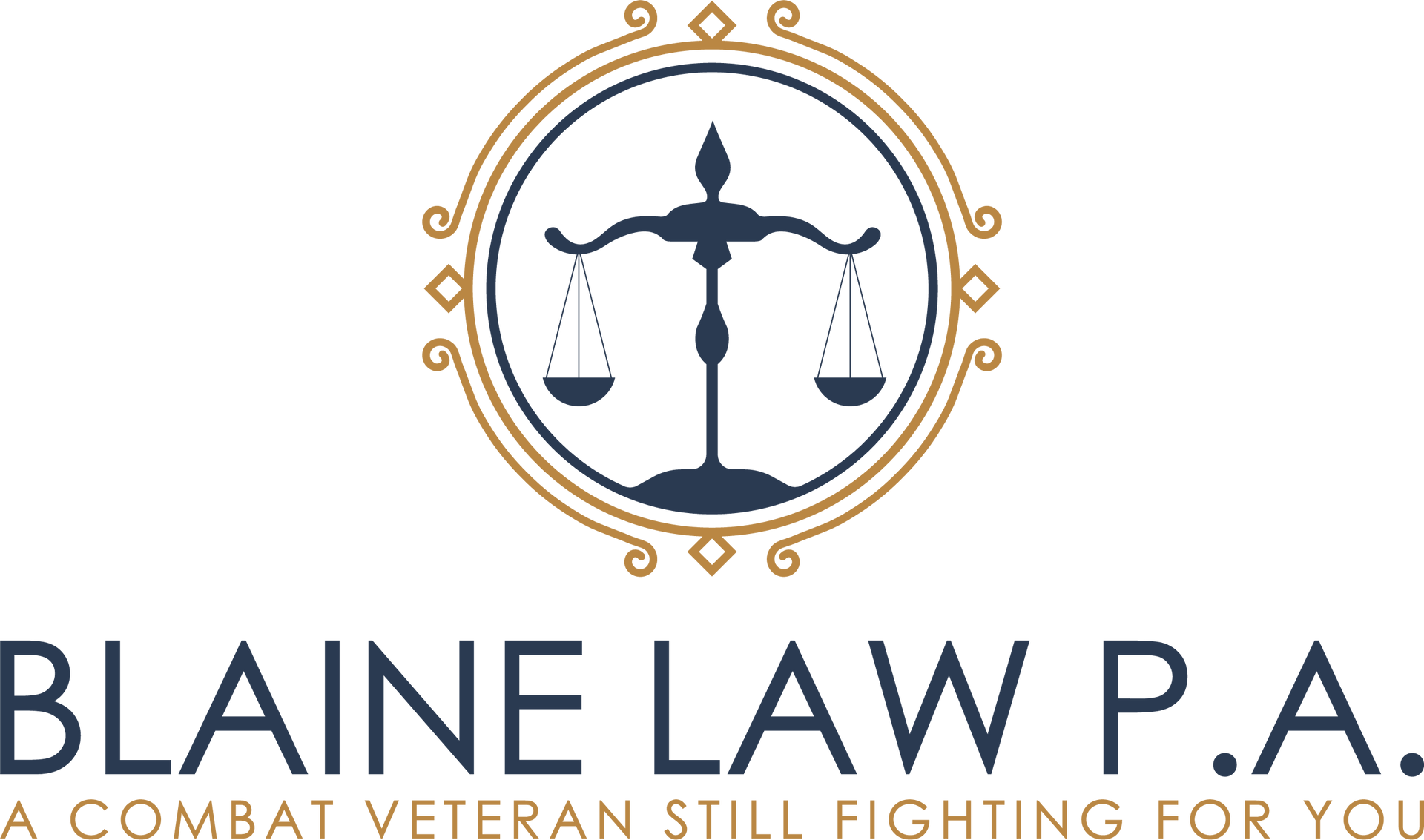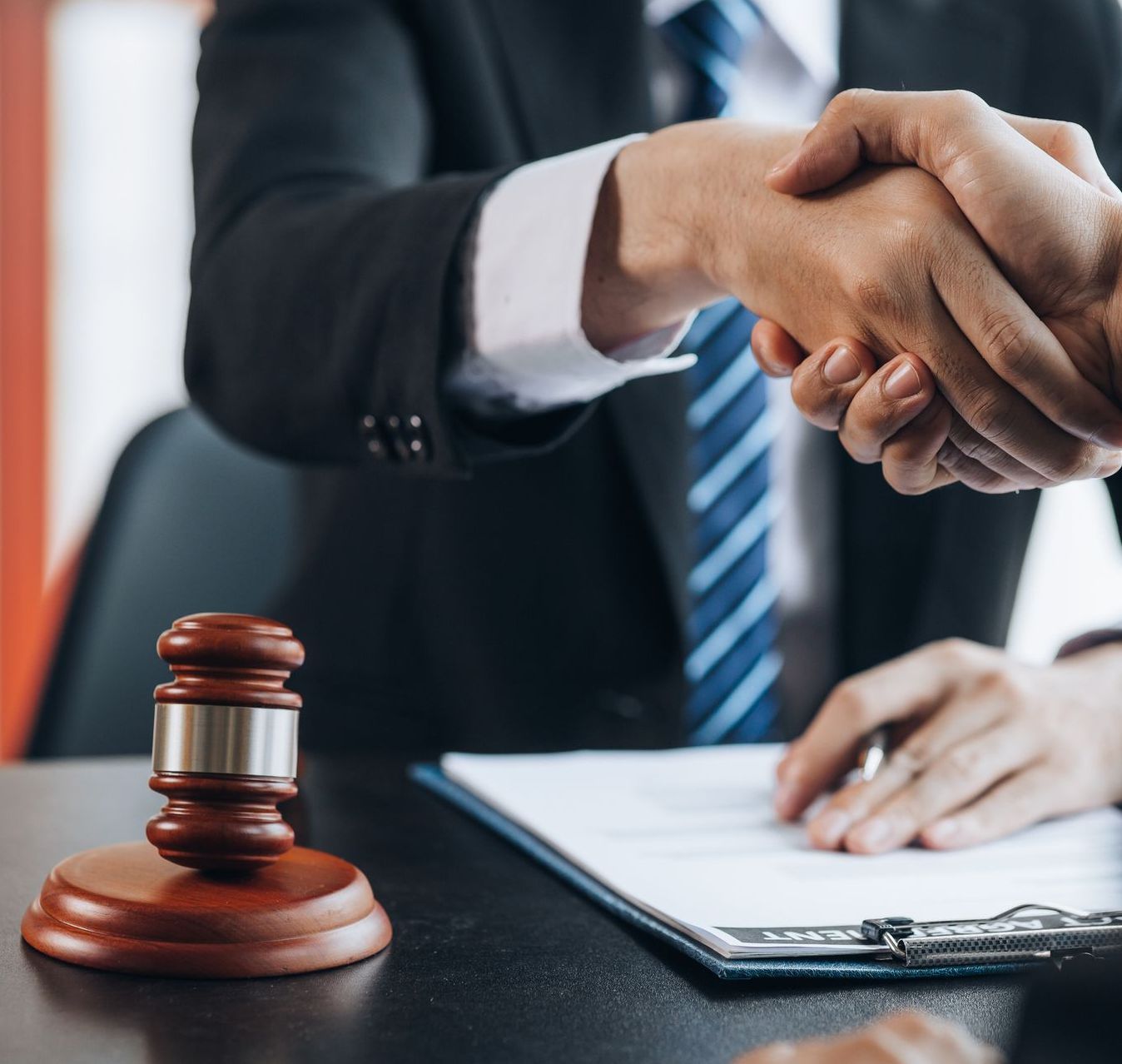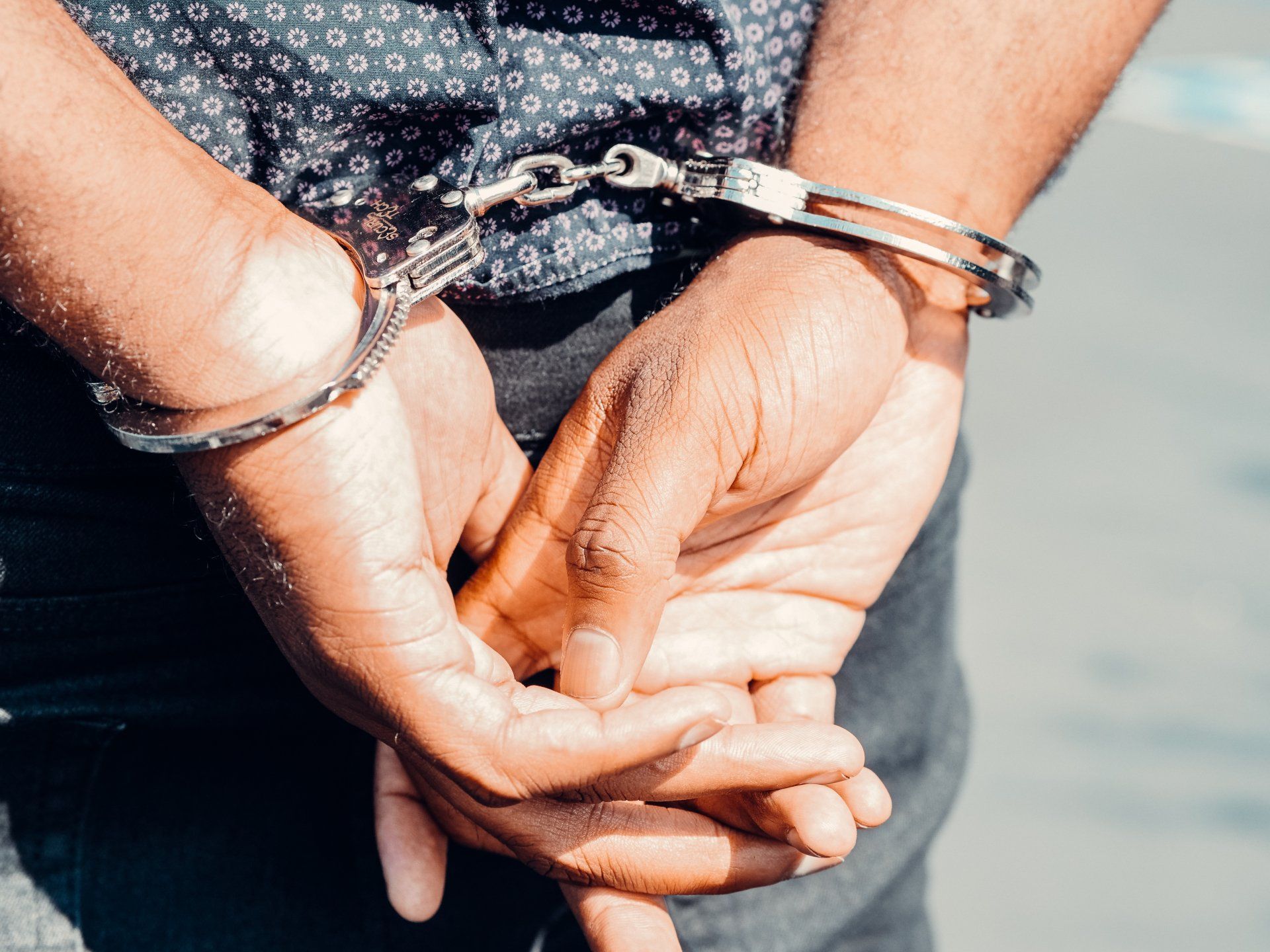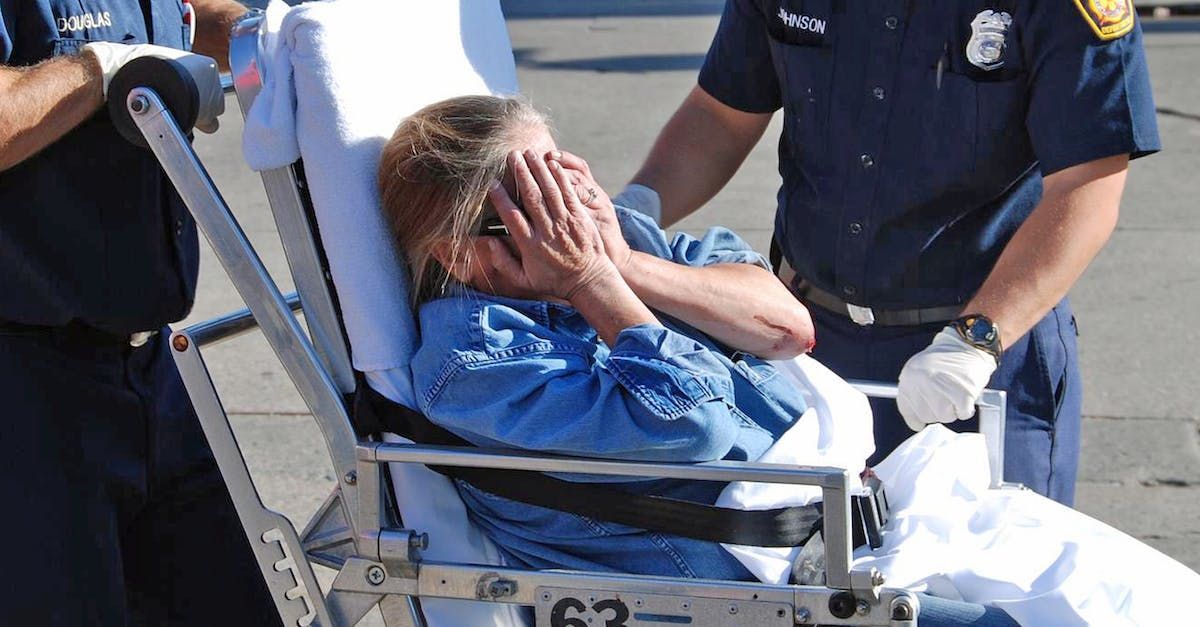Criminal Defense
Finding yourself accused of a crime, under investigation for a criminal offense, or in an arrest situation can be frightening and leave you worried about how a criminal charge will affect your life. Whether you are a suspect in a crime or have been charged with an offense, you’ll want solid legal advice from an experienced criminal defense attorney. When it comes to criminal law, Blaine Law PA will preserve your rights and aggressively work to set up a strong defense against the prosecution.
Whether you are facing a severe charge, such as driving under the influence, or a lesser one, such as a speeding or traffic ticket, I will diligently work to see you are treated fairly, outline your legal options, and I’ll fight to get you the best possible outcome. My law practice is fully versed in Florida penal law and has an excellent track record, especially when it comes to DUI and other vehicle-related crimes.
Whatever your legal situation, you have rights. If you need a compassionate and skilled attorney in New Port Richey, Pinellas County, or Pasco County to represent you in fighting a criminal charge, contact Blaine Law PA to schedule an appointment. In criminal court cases, time is often of the essence. For your convenience, my law firm can also provide remote services.
Florida Criminal Law
Florida criminal law encompasses the body of statutes, regulations, and legal principles that govern the prosecution and punishment of criminal offenses within the state of Florida. Rooted in both state law and constitutional provisions, Florida's criminal justice system is designed to uphold public safety, protect individual rights, and deter criminal behavior.
Key points about Florida criminal law include:
Statutory Framework: Florida's criminal code is primarily codified in Title XLVI of the Florida Statutes, which covers offenses ranging from minor misdemeanors to serious felonies. These statutes define the elements of criminal offenses, establish penalties, and outline procedural requirements for criminal proceedings.
Classification of Offenses: Criminal offenses in Florida are categorized based on their severity into misdemeanors and felonies. Misdemeanors are less serious crimes punishable by fines, probation, or imprisonment for up to one year, while felonies are more serious crimes punishable by imprisonment for more than one year, including life imprisonment or the death penalty for the most serious offenses.
Prosecution and Defense: Criminal cases in Florida are typically prosecuted by state attorneys on behalf of the government. Defendants accused of criminal offenses have the right to legal representation and are presumed innocent until proven guilty beyond a reasonable doubt. Defense attorneys play a crucial role in advocating for defendants' rights, challenging evidence, and ensuring fair treatment throughout the legal process.
Court System: Florida's court system consists of various levels, including county courts, circuit courts, and the Supreme Court of Florida. Criminal cases are typically heard in circuit courts, where judges preside over trials and sentencing hearings. The appellate process allows defendants to challenge trial court decisions and seek review by higher courts if they believe their rights have been violated or errors have occurred during the proceedings.
Penalties and Sentencing: Penalties for criminal offenses in Florida vary depending on factors such as the nature and severity of the offense, the defendant's criminal history, and statutory sentencing guidelines. Sentences may include fines, probation, community service, incarceration, or a combination thereof. Florida also provides for alternative sentencing options such as diversion programs and treatment courts for certain non-violent offenders.
Overall, Florida criminal law is a complex and evolving area of legal practice that plays a crucial role in maintaining public safety, administering justice, and safeguarding the rights of both victims and defendants within the state. If you’ve been charged with a crime, give us a call to see how we may be able to help with your defense.







